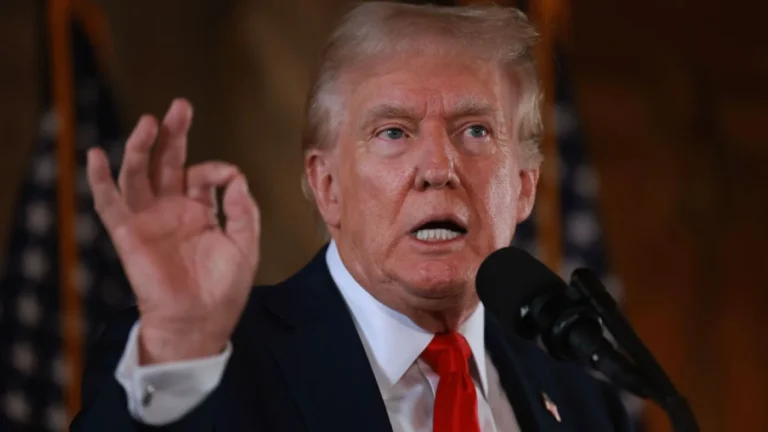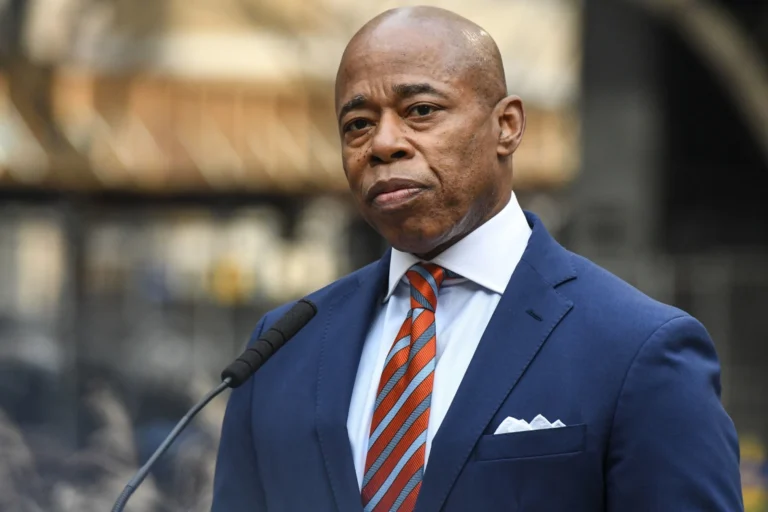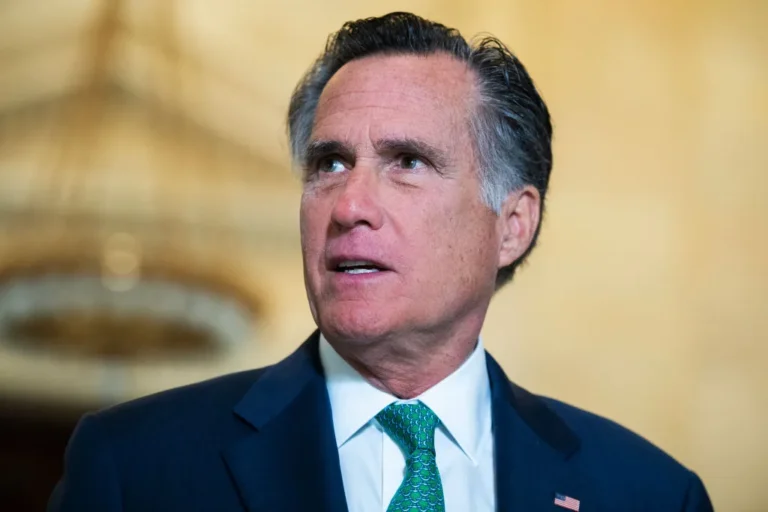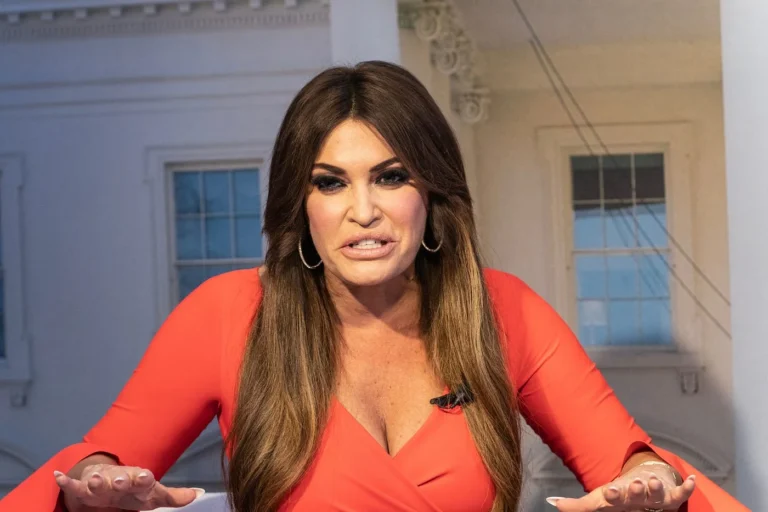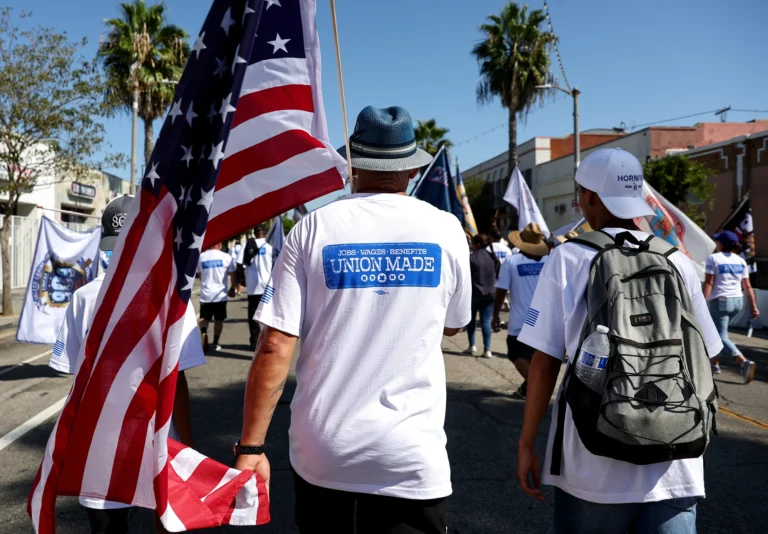Presidential campaigns usually invest significant time and resources in crafting a compelling closing message—a final appeal for support aimed at winning over voters. However, Donald Trump’s reelection campaign appears to be taking a different approach, marked by a chaotic and meandering delivery that focuses on grievances and provocative rhetoric, including violent fantasies directed toward his perceived enemies, particularly the media.
In contrast, Vice President Kamala Harris has been diligently developing a carefully scripted message centered on unity and optimism. Trump’s tumultuous messaging provides a stark juxtaposition, highlighting the distinct paths of the two campaigns. While it remains uncertain who will ultimately prevail in this race, Trump’s recent comments suggest a deepening anxiety about his standing. His rehashing of baseless claims regarding voter fraud indicates a desperate attempt to bolster his narrative as he grapples with a potential loss. Furthermore, his wish for violence against journalists reflects a refusal to take responsibility for his situation, instead opting to find scapegoats for his troubles.
During a rally in Lititz, Pennsylvania, about 63 miles west of Philadelphia, Trump diverged from his usual campaign rhetoric, making alarming remarks about the protective measures he now employs during outdoor events following a failed assassination attempt in another small Pennsylvania town. “I have this piece of glass here,” he stated, referring to the ballistic glass shielding him, before veering into a discussion about violence. He remarked, “But all we have really over here is the fake news. And to get me, somebody would have to shoot through the fake news. And I don’t mind that so much.” This unsettling rhetoric comes on the heels of a shooting incident in July that resulted in the death of one of his supporters and injuries to two others.
Trump’s campaign responded to this incendiary rhetoric in a characteristically defensive manner. His spokesman, Steven Cheung, claimed that Trump was speaking “brilliantly” about the July shootings, arguing that his comments were misconstrued and had nothing to do with harming the media. This pattern of denial and distortion has become a hallmark of Trump’s campaign, especially as the election draws near.
In a separate rally in Wisconsin, Trump made another controversial statement, claiming he would protect women, “whether the women like it or not.” Such comments are particularly jarring given his recent legal troubles involving sexual assault. Harris quickly seized on the unsettling nature of Trump’s remarks, labeling them “offensive to everybody,” thus framing her campaign’s platform around protecting women’s rights, particularly in light of the Supreme Court’s decision to overturn Roe v. Wade—a direct result of Trump’s appointments to the court.
As Trump’s campaign faced increasing scrutiny, he attempted to divert attention by filing a lawsuit against CBS News. The lawsuit revolved around an edited version of an interview with Harris that aired on “60 Minutes.” This move, seen as frivolous by many, seemed to serve as a distraction from his campaign’s growing troubles and provided him with an opportunity to shift the narrative away from his more concerning comments.
Moreover, Trump’s latest comments about former U.S. Representative Liz Cheney have only fueled the fire. He suggested, during an interview with former Fox News host Tucker Carlson, that Cheney, a fellow Republican who has criticized him, should be shot, further emphasizing the troubling nature of his rhetoric. His campaign later insisted that these words were taken out of context, yet the message was clear: Trump is continuing to embrace a tone that many find disqualifying for a presidential candidate.
As Trump’s campaign continues to spiral, he has filed complaints with the Federal Election Commission against The Washington Post, alleging that the newspaper has made “in-kind contributions” to Harris’s campaign. This accusation, regarded by many as baseless, serves as yet another attempt to distract from his own controversial statements and actions.
As Election Day approaches, voters are encouraged to reflect on the rhetoric surrounding the campaigns. While Harris may come across as repetitive in her message, her commitment to a civil discourse starkly contrasts with Trump’s increasingly violent language. For those yet to cast their votes, it’s essential to consider the implications of the words being spoken in this final stretch. Trump’s tendency to incite violence and deflect responsibility raises serious concerns about his fitness for office, highlighting a crucial moment in the race where voters must weigh their options carefully.
In a climate rife with division and hostility, the choice voters make will shape the future of the country, and the closing messages from both campaigns will play a critical role in that decision.

